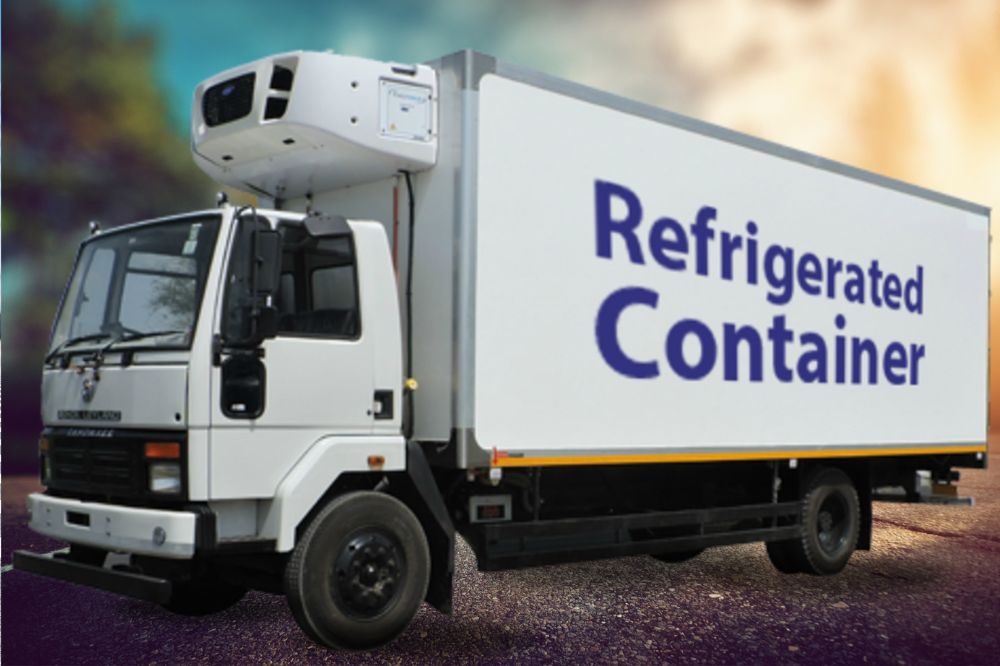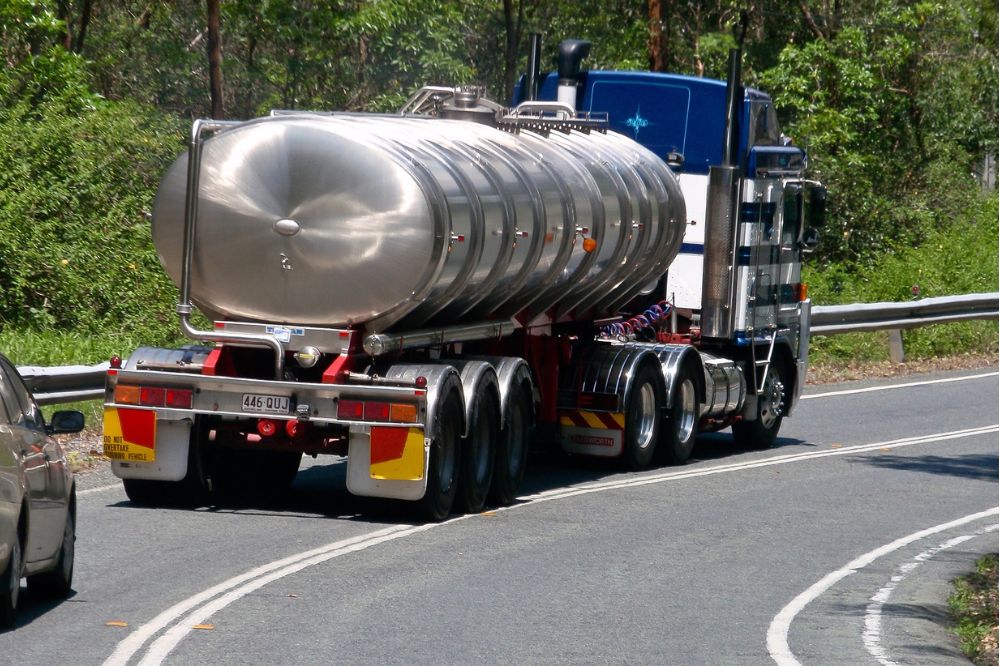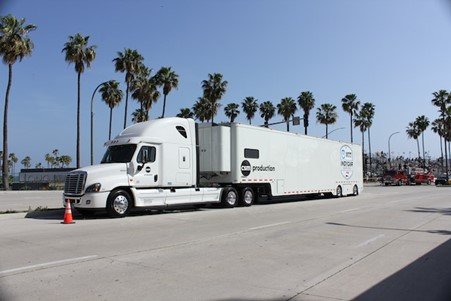
Hiring a truck driver is no easy business. There are many considerations you need to make when choosing a good driver. This goes beyond their experience and qualifications.
You must ensure your trucking business is adequately set up to take on a new driver. Before bringing them into your business, you’ll also need to understand the truck driver’s personality and how they operate.
Making the right hires can make a big difference to your success, while the wrong hires can cause all kinds of issues.
To help you hire truck drivers properly, here are all the steps and considerations you should follow.

How to Hire the Right Truck Driver
Knowing how to hire truck drivers is one of the most important things you’ll ever do when running a trucking business.
While it’s always possible to find truck drivers who can operate a commercial vehicle, the right drivers for your business should possess various other traits and skills. After all, the people behind your business determine its success.
Here are a few key steps to help you hire truck drivers that best align with your business needs.
Identify the Type of Truck Driver You Need
Identifying your business’s precise type of truck driver is the first essential step to a successful hiring process.
Whether it’s a short-haul driver for local deliveries, a long-haul driver for interstate transportation, a casual driver for occasional assignments, or even an owner-operator, understanding the specific qualifications and job requirements for each role is crucial.
You must thoroughly research the qualifications, certifications, and experience necessary for different driving positions. This will help you create job descriptions that attract suitable candidates and streamline selection.
Long-Haul and OTR Trucker
Long-haul and OTR (Over-the-Road) truckers are the backbone of the transportation industry, responsible for transporting goods across vast distances.
These truck drivers spend extended periods away from home, navigating diverse terrains and weather conditions while ensuring timely and safe deliveries. They must possess exceptional driving skills, a solid commitment to safety regulations, and the ability to manage their time efficiently to meet strict delivery schedules.
The role of long-haul and OTR truckers demands resilience and adaptability, as they often face unforeseen challenges on the road. Candidates for these positions should have a clean driving record, hold relevant commercial driving licenses (CDL), and have enough expertise in managing long-haul trips.
Looking for a truck driver with a reliable background in long-haul trucking is essential, as not all local truck drivers can easily adjust to this lifestyle.

Heavy Hauler or Oversized Load Trucker
Heavy hauler drivers, or oversized load truckers, are specialized professionals who carry goods that exceed standard weight or size limits. These drivers need expertise in handling and transporting exceptionally large or heavy cargo, such as machinery, construction equipment, or industrial materials.
Their role demands unique skills, including an in-depth understanding of specialized equipment, securing loads, and complying with strict regulations governing oversized transportation.
These truck drivers are also often required to hold specialized permits and adhere to specific safety protocols to guarantee the secure and efficient transport of oversized loads.
Employers seeking heavy haulers prioritize candidates with extensive experience handling oversized cargo and a good knowledge of state and federal regulations regarding weight limits and permits.

Purchase Truck Insurance
Getting the right truck insurance is an essential part of hiring the right truck driver and ensuring the safety and security of your business. Before you take on qualified truck drivers, you must ensure that your vehicle and business will be protected when they’re behind the wheel.
Some insurance policies may be skeptical of offering complete protection if somebody new is driving the truck or the driver needs more experience in commercial driving.
Trucking companies need comprehensive insurance coverage that protects both their drivers and the transported cargo. Choosing the right insurance policy involves looking into various factors, like the type of freight being transported, the distance covered, and the specific risks associated with the routes.
Truck insurance typically includes liability coverage, cargo insurance, and physical damage coverage for the vehicles.
Liability coverage protects against damages or injuries caused by the truck driver. At the same time, cargo insurance covers the value of the transported goods. Physical damage coverage protects the trucks themselves against accidents or other physical damage.
Familiarize Yourself With Local and State Laws
Understanding and sticking to local and state laws is crucial when hiring the right truck driver for your business.
Different jurisdictions have specific regulations that govern various aspects of trucking operations, impacting everything from the type of driver and truck to the nature of the cargo and the intended destination.
Federal, state, and local laws cover a range of important considerations, including maximum load weight restrictions, prerequisites for CDL training and testing, mandatory insurance coverage, regulations concerning road and fuel taxes, and limitations on vehicle size.
You must adhere to these laws when filling a truck driver position as an employer. If you need to become more familiar with the local regulations, it may be worth talking to a lawyer before you find qualified truck drivers.

Confirm That Your Business Insurance Covers Truck Drivers
Before finalizing the hiring process for any full-time or part-time truck driver, you must ensure that your business insurance covers the specific position adequately.
While commercial auto insurance is necessary for all truckers, extra insurance types such as trucking general liability coverage, business interruption insurance, and motor cargo coverage can fill potential gaps in protection.
Make sure that you have comprehensive insurance coverage that will protect your vehicle and business when you fill new truck driver jobs. This is also why hiring experienced drivers is so important.
Create Postings on Job Search Sites
The first place you’ll go to hire drivers is probably a job board. This is important, as it’s where most drivers in the trucking industry will be looking for work.
However, it’s not the only place you can look to find truck drivers. Think outside the box and consider reaching out to known drivers using social media channels. You can find groups of truckers in your area on social media – this is a great way to connect with local truck drivers.
Another good strategy is reaching out to recruiters specializing in the trucking industry. They will have a large pool of potential candidates in your area and may help you find experienced drivers who aren’t actively checking job boards.
Interview and Vet all Potential Drivers
If you plan on hiring drivers to help you operate your truck, you will need to make sure they are properly qualified. All drivers must have a valid CDL and meet the DOT’s medical requirements.
Make sure you get the right information from your next truck driver so that you can perform a background check. This could include:
- Following up to make sure they have a clean driving record
- Checking their personal identification number
- Checking their verifiable address
- Performing a drug screening
- Assessing their qualifications to make sure they match your job needs
Reliable drivers need to have all of the right qualifications and experience, but they should also show a good attitude and have knowledge of your specific area of trucking.

Onboard your New Driver
Onboarding a new driver is essential in integrating them effectively into your trucking business.
Setting clear expectations for performance from the outset is crucial. This involves outlining key performance indicators, such as delivery schedules, safety protocols, and customer service standards.
Communicating company policies properly ensures that the driver understands and adheres to the rules of your trucking company.
You’ll also want to stress the importance of equipment inspections and maintenance procedures in your business. Provide guidance on regular inspections, explaining how drivers must report any issues promptly and follow scheduled maintenance routines.
This improves the driver’s accountability for the vehicle’s condition and contributes significantly to your business operations’ overall safety and efficiency.
Incorporating these aspects into your onboarding process creates a foundation for drivers to perform at their best while upholding the company’s standards and safety measures.
Final Thoughts
Take your time hiring a new truck driver, and ensure you follow all the proper steps and procedures. Making suitable hires is incredibly important for your business’s success, so never rush the process.
If you need to purchase a new semi-truck for your business, then you’ll also need to take the right steps in finding financing for your vehicle. Get in touch with us at Mission Financial Services – we can help all kinds of trucking business operators secure the right financing to match their business needs.































